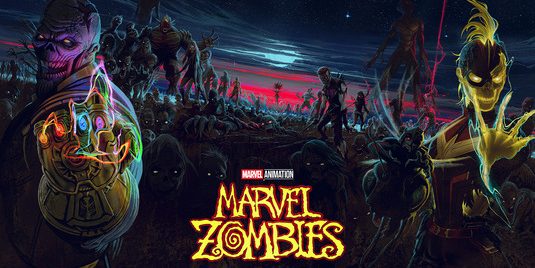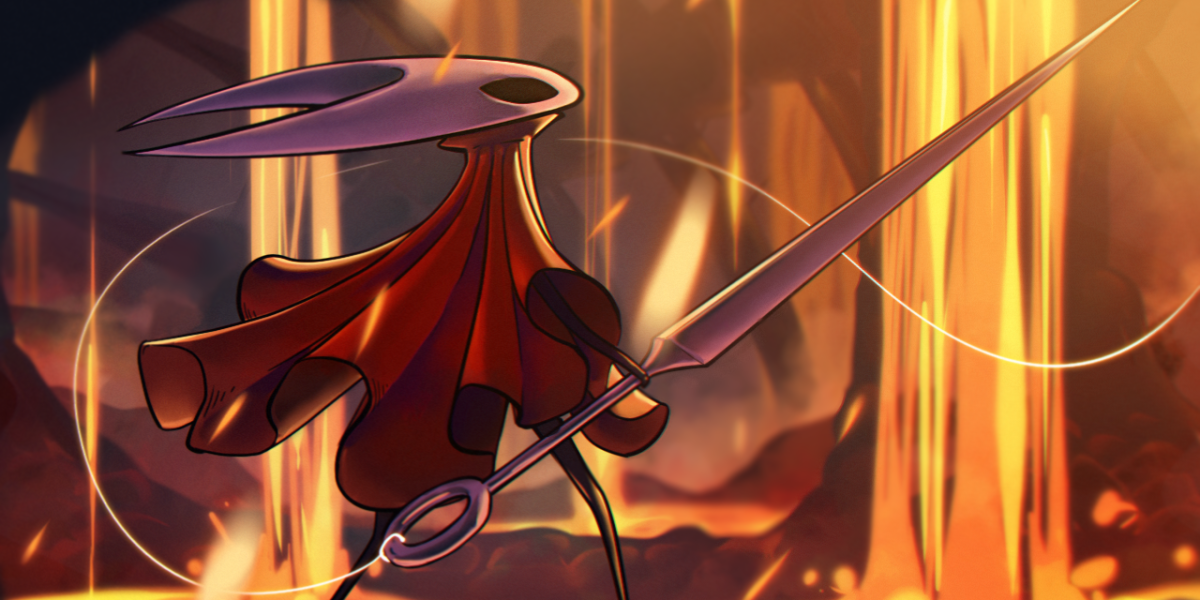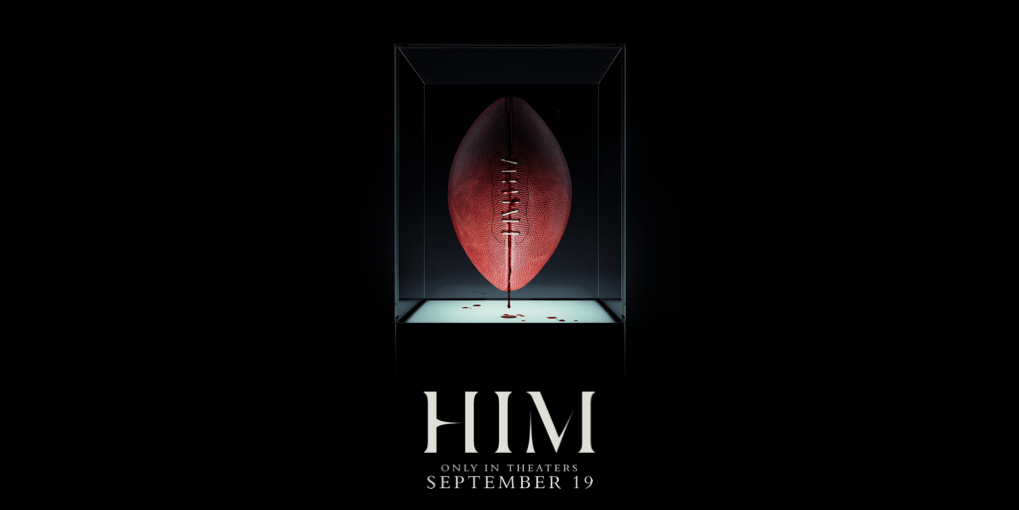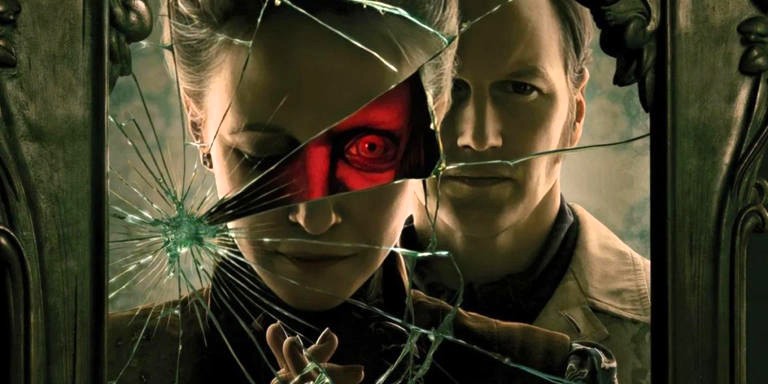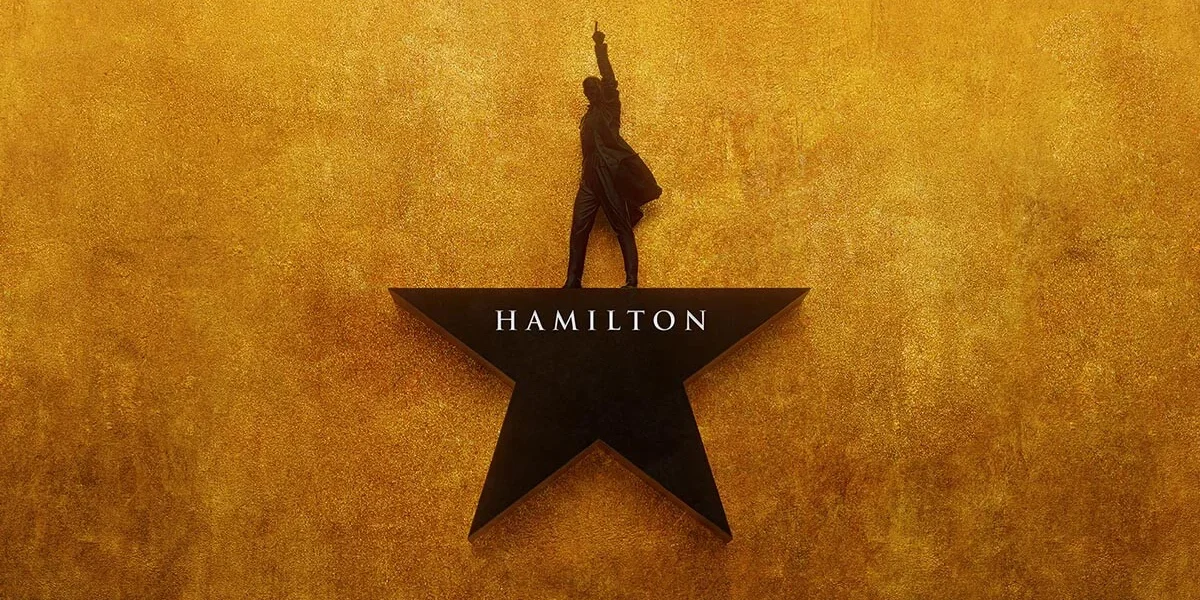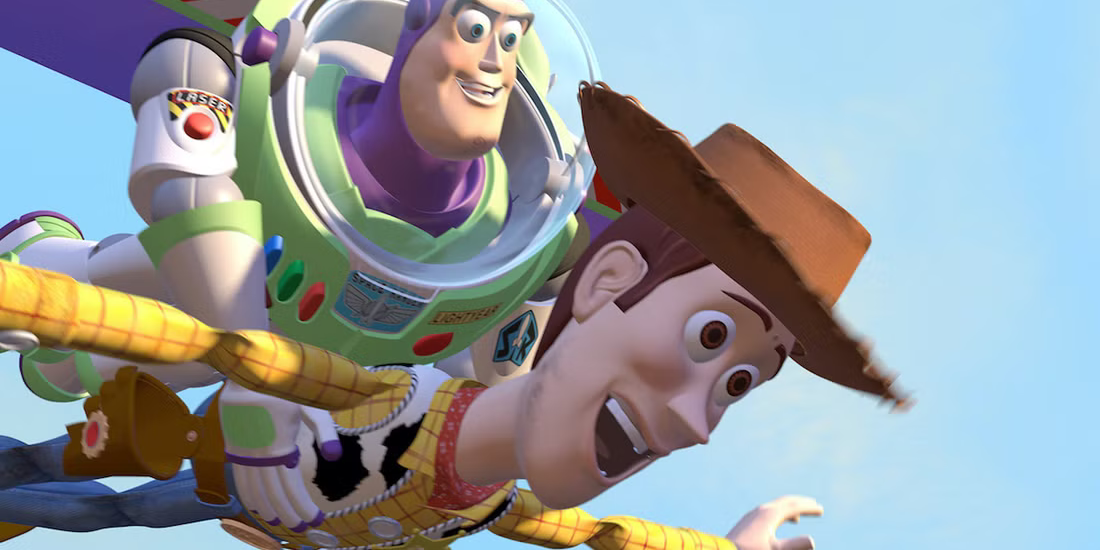The following review is for an album that the RIAA has given a parental advisory warning for explicit content. The album contains lyrics with excessive profanity, explicit sexual imagery, misandry, and endorsements of domestic violence, emotional abuse, and drug and alcohol abuse.
Sabrina Carpenter has proven herself to be one of the hardest working pop stars today. Approximately a year and six days after her explosive album Short n’ Sweet, Carpenter—while still on her Short n’ Sweet tour—released her newest effort Man’s Best Friend.
Short n’ Sweet was a pivotal moment in Carpenter’s career, as hits like “Espresso” and “Please Please Please” propelled her to superstardom. She quickly found herself on the Billboard Hot 100, with five of her twelve tracks peaking on it—one of which reached number one and lingered between the top tracks for 18 weeks. She was winning Grammys. She got a Netflix Christmas special.
When the announcement broke that Carpenter’s next album was already in the works, speculation arose among fans and critics alike. Would it surpass Short and Sweet or flop? Yet in advance of the album’s release, some promotional artwork flipped the question around to Has Sabrina lost her mind?
In what is turning out to be the most talked about album (if not the best album) of 2025, Man’s Best Friend sees Carpenter double down on the naughty pin-up girl persona she developed in Short and Sweet. The album is raunchy, poppy, and dripping with irony. While, in Carpenter’s own words, this album isn’t for “any pearl clutchers” that don’t get her satire or sarcasm, the controversy may unfortunately overshadow the music and dog this album’s success.
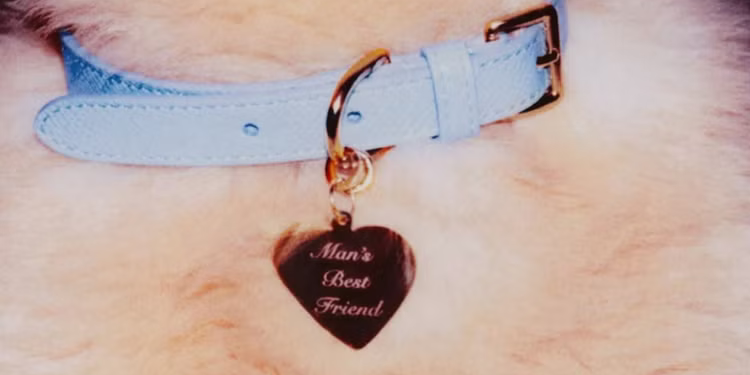
Dicey on the Outside
When the album was first announced by Carpenter’s publicist on June 11 (days after the album’s first single “Manchild” was launched as an EP), it was accompanied by the official album cover. This cover features Carpenter bent over on all fours in front of what appears to be a man’s leg, with his hand balled up in a fist, pulling her hair. The title of the album is Man’s Best Friend. As we’re a high school news site, we’re not going to include that cover in our coverage, but you can see it if you’d like in this New York Times article.
The backlash was immediate. A plethora of news outlets, including Forbes and Vogue, asserted the album cover intentionally was designed to spark an uproar. The aforementioned Times piece says that the album cover “spurred some people to accuse her of ‘centering men’ and catering to the male gaze,” which included Fox News and the hosts of The View. Others used the cover as a way to paint Carpenter as an industry puppet who uses sexuality to sell her albums.
Many, however, believed that the cover was just another example of the “twisted humor” Carpenter mentioned in her hit “Espresso.” Songwriting legend Carly Simon told reporters that there was nothing wrong with the Man’s Best Friend album cover. Kelsey Weekman, a reporter for Yahoo Entertainment, defended Carpenter, saying that “even in scenarios where women are objectified, it’s often due to their own agency. They’re finding a way to gain money and power in an (albeit limited) world that objectifies them.”
While the Man’s Best Friend cover definitely puts this objectification on full display, and despite Carpenter seeming amused at the pushback, the cover was changed… kind of. A few days after the initial cover was released, Carpenter went to Instagram with a new album cover that she sarcastically claimed was “approved by God.” Then came another album cover. And then another.
Man’s Best Friend has four different album covers, and although the controversial June 11 artwork is the cover for the standard release, this move has led some to believe that either the studio or Carpenter have backpedaled from the original art (though both still public defend the June 11 art). Other critics claim the new covers prove the controversy was manufactured so Island Records would sell more albums. If releasing alternate album art was an elaborate joke, Carpenter is laughing all the way to the bank—at the time of writing, all three alternate covers are sold out on vinyl.
Spicy on the Inside
Ironically, the original on-all-fours cover best represents the songs inside the album, as every track courts controversy, starting with the leading track “Manchild.” Some commentators found Carpenter’s use of “slow” and “half your brain just ain’t there” as derogatory to those with mental disabilities. Others found the lyrics “I like my men all incompetent” (and the entirety of the schizophrenic-sounding song “Don’t Worry I’ll Make You Worry”) sexist against men. Neither complaint kept “Manchild” from debuting at number 1 on the US Billboard Top 100 and staying in the top 10 for 13 weeks—in fact, at the time of writing, every track from the album is in the Billboard Top 40.
Speculation was aroused that the track’s witty lyrics were a silent diss to her ex-boyfriend, actor Barry Keoghan. While Carpenter doesn’t call out Keoghan by name, her frustration with dealing with an immature man seems to invoke the slovenly split between the two after rumors of a cheating scandal:
“Manchild
Why you always come a-running to me?
F— my life
Won’t you let an innocent woman be?
Never heard of self-care
Half your brain just ain’t there
Manchild
Why you always come a-running, taking all my loving from me?”
Even if the song isn’t about Keoghan, it’s become an anthem for women worldwide to chant about the stupidity of a disloyal, immature partner. Her music video underscores this idea with blockheaded himbos ignorantly driving a recliner-turned-go-kart, dancing in the middle of a highway, and accidentally lighting their own hair on fire. The track’s name is an impressive bon mot in itself and serves as an easily recognizable term near and dear to many relationships in a similar boat.
Now as I see it, if any song on the album is about Keoghan, it’s “Nobody’s Son,” my personal favorite from the entire album. “Manchild” is a silent diss compared to the clamorous roar in comparison:
“That boy is corrupt
Get PTSD on the daily
He sure f—– me up
And yes, I’m talking ’bout your babyHere we go again, crying in bed, what a familiar feeling
All my friends in love, and I’m the one they call for a third wheeling
Probably should have guessed, he’s like the rest, so fine and so deceiving
There’s nobody’s son, not anyone left for me to believe in

More Than Just a Manchild
The other scandalous element of Carpenter’s album is in its frank discussions of sexual encounters. If Short and Sweet straddled the line between sex positivity and pornography, Man’s Best Friend erases the line entirely. There isn’t a single safe-for-school track on the album, and while some songs will get some radio edits, other tracks are too steamy for general consumption.
Take “House Tour,” where Carpenter uses a tour of a house as a subtle-as-a-brick allegory for intimacy. “When Did You Get Hot?” is peppy and feels like a cute pop tune until Carpenter offers to play “naked Twister.” Perhaps the most overtly sexual song is “Never Getting L—,” a sequel to “Nobody’s Son” where Carpenter hopes her cheating ex will never again have an intimate relationship.
Then there’s “Tears.” The second song on the album, “Tears” is a sultry nod to the racy “Juno” from her previous album Short n’ Sweet. Carpenter uses provocative language and vocal runs taller than her to list how her ideal man acts (and, more to the point, how that makes her react). The song, complete with a video that pays homage to the equally scandelous Rocky Horror Picture Show, will certainly have some men straightening their ties and shooting Carpenter a DM, and have some women making a similar provocative checklist.

More Than Just a Dirty Flirt
“Tears” perfectly captures the conflicting perception of Carpenter’s work. The lyrics may be lewd, but the music is heavenly. The first lilting note of “Tears” gives it the tone of a haunting waltz as finely tuned violins whine in the background. The following track “My Man on Willpower” is the antithesis to the prior track in tone but is just as beautifully orchestrated.
This isn’t to say that Carpenter’s lyrics lack sophistication. One of the catchiest tracks of the album is “Go Go Juice,” which is more than just an ode to drinking—the song uses clever wordplay to remark on her laundry list of exes:
“I’m just drinking to call someone
Ain’t nobody’s safe when I’m a little bit drunk
Could be John or Larry, gosh, who’s to say?
Or the one that rhymes with “villain” if I’m feelin’ that way
Oh, I’m just drinking to call someone
A girl who knows her liquor is a girl who’s been dumped
Sippin’ on my go-go juice, I can’t be blamed
Some good old-fashioned fun sure numbs the pain”
As detailed in “Sabrina Carpenter’s Lyrics Seemingly Hints at Shawn Mendes, Barry Keoghan” by Will Reid, the “one that rhymes with ‘villain'” line (a reference to actor Dylan O’Brien) implies that the previous names she states rhyme with the names of her exes. This means John is really Shawn (Mendes), Larry is Barry (Keoghan, yet again), and even “gosh” becomes Josh (Bassett, the subject of the love triangle involving her and Olivia Rodrigo that inspired the latter to write “Driver’s License”). All these men except Keoghan deny ever being romantically involved with Carpenter, so this song about bad decisions while inebriated both confirms that they were once with Carpenter and that Carpenter considers them fun but mistakes.
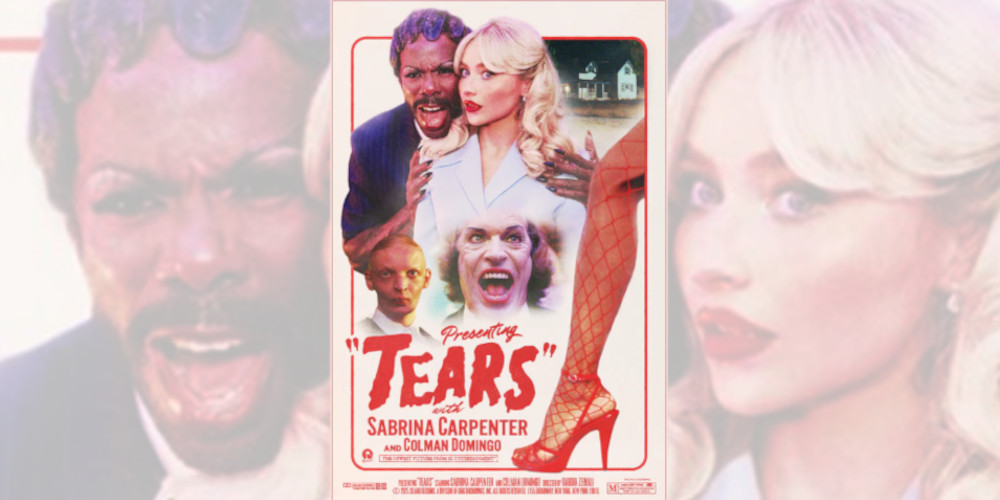
The Heart Behind the Body
Sabrina also isn’t always on the attack. Take “Sugar Talking” and “We Almost Broke Up Again Last Night”—their mellow, soft melodies join with Carpenter’s typical vocal ornaments to create two chill and honest tracks with study session vibes that evoke Carpenter’s Emails I Can’t Send era. These tracks show Carpenter’s softer side, and while no track is free from her sailor’s mouth or sardonic wit, Carpenter shows that she is a real woman and not just a two-dimensional man-eater or siren.
Nowhere is this clearer than the final track “Goodbye,” where Carpenter processes the emotional whirlwind of her dating history and how she cannot give into the impulses she considered in “Go Go Juice” and has to definitively leave those partners behind:
“Goodbye means that you’re losing me for life
Can’t call it love, then call it quits
Can’t shoot me down, then shoot the shit
Did you forget that it was you who said goodbye?
So you don’t get to be the one who cries
Can’t have your cake and eat it too
By walking out, that means you choose goodbye”
Carpenter alternates between twinges of humor and woeful sincerity, a move that shows her humor and sharp attacks are a mask she uses to deal with others. As she expresses her sadness, Carpenter also proves that she has standards and is not the empty-headed blonde many assume her to be. Like the discourse around the cover of her album demonstrated, Carpenter shows she finds empowerment in things others may find demeaning, and while she enjoys partying and physical connection, her desires do not define her.
Overall, the album itself truly is yet another masterpiece in the Sabrinaverse to be reckoned with. There is a full bark and bite to it—with raunchy lyrics and snarky jokes–but it also gets cuddly and sweet with its serious undertones hidden under smooth croons. Unfortunately, perceptions about the album’s outside have been outshining what’s inside the album (much like Sabrina Carpenter herself). Still, Man’s Best Friend deserves a howl of approval.




